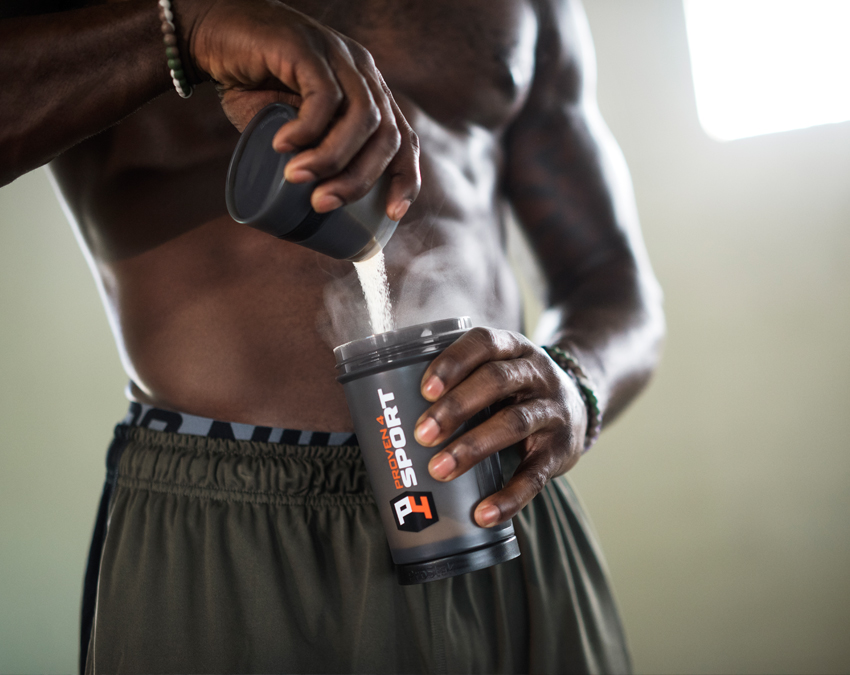
Glutamine
Glutamine is a conditionally essential amino acid that is part of a protein and is necessary for effective muscle growth and support of the immune system. Glutamine is very common in nature, for humans it is a conditionally essential amino acid. Glutamine circulates in large enough quantities in the blood and accumulates in the muscles. Glutamine is the most common amino acid in the body, and muscles consist of 60% of it, which explains its wide use in bodybuilding and sports nutrition.
Glutamine in food products
Content in products
- Animal sources: beef, chicken, fish, eggs, dairy products.
- Vegetable sources: cabbage, beetroot, beans, spinach, parsley. A small amount of free L-glutamine is found in vegetable juices and fermentation products, such as miso paste.
Effects of glutamine
- It participates in the synthesis of muscle proteins “Attention”, however, its effect on muscle mass gain has not yet been proven.
- It is a source of energy, along with glucose
- It has an anti-catabolic effect (suppresses the secretion of cortisol) and
strengthens the immune system. - Accelerates recovery after training, prevents the development of overtraining

There are periodically articles in journals where the beneficial effects of glutamine are completely denied. A vivid example of this is the article “Does it really work: GLUTAMINE” in the Iron World magazine. The author cites arguments and studies that refute the usefulness of glutamine, but not a single reference to the research is presented, not a single scientist is named. In this article, we will try to eliminate this gap, and cite a number of independent studies that have shown that glutamine is of little use in bodybuilding.
Researches
- Wilkinson SB, Kim PL, Armstrong D, Phillips SM. – Addition of glutamine to essential amino acids and carbohydrate does not enhance anabolism in young human males following exercise
Quote from the conclusion:
The addition of glutamine to food does not affect the rate of muscle protein synthesis after exercise, as shown by an experiment in two groups of subjects. It was also shown that the mixture of glutamine and carbohydrates did not lead to an acceleration of glycogen resynthesis after training, compared with the intake of pure carbohydrates, but it reduced the degree of muscle destruction.

- Candow DG, Chilibeck PD, Burke DG, Davison KS – Effect of glutamine supplementation combined with resistance training in young adults.
Quote from the conclusion:
We concluded that taking glutamine supplements during strength training does not affect physical performance, muscle growth or the rate of protein synthesis in the body in young healthy people
- Williams MH – Facts and fallacies of purported ergogenic amino acid supplements
Quote from the conclusion:
Despite the fact that the intake of glutamine was directly associated with an increase in the concentration of this amino acid in the blood, its effect on the immune system and overtraining was not revealed

- JOSE ANTONIO, MICHAEL S. SANDERS – The Effects of High-Dose Glutamine Ingestion on Weightlifting
Quote from the conclusion:
There were no differences in strength indicators when performing leg press or bench press in the control and placebo groups. These data may indicate that glutamine does not affect the strength indicators of athletes.
